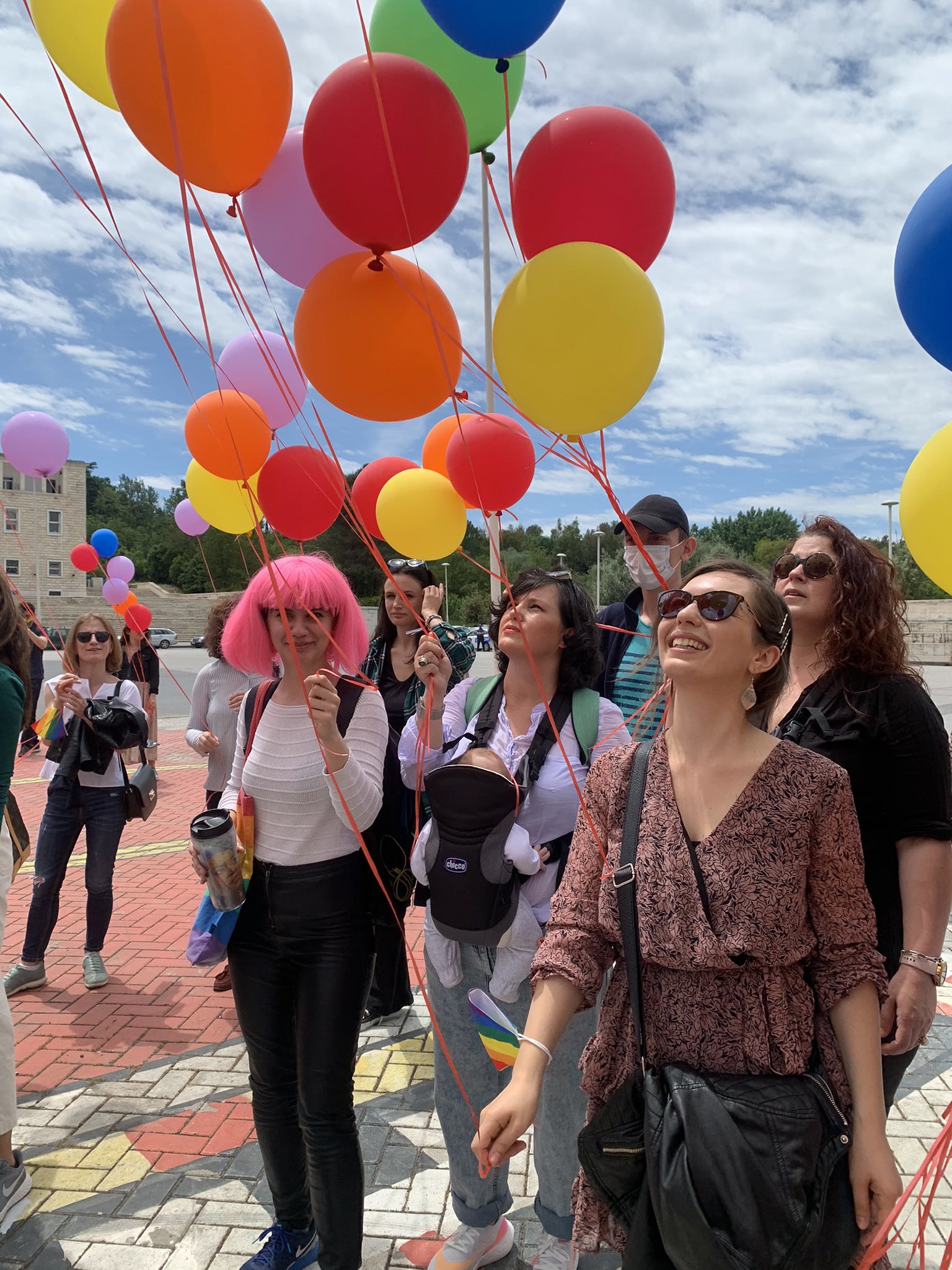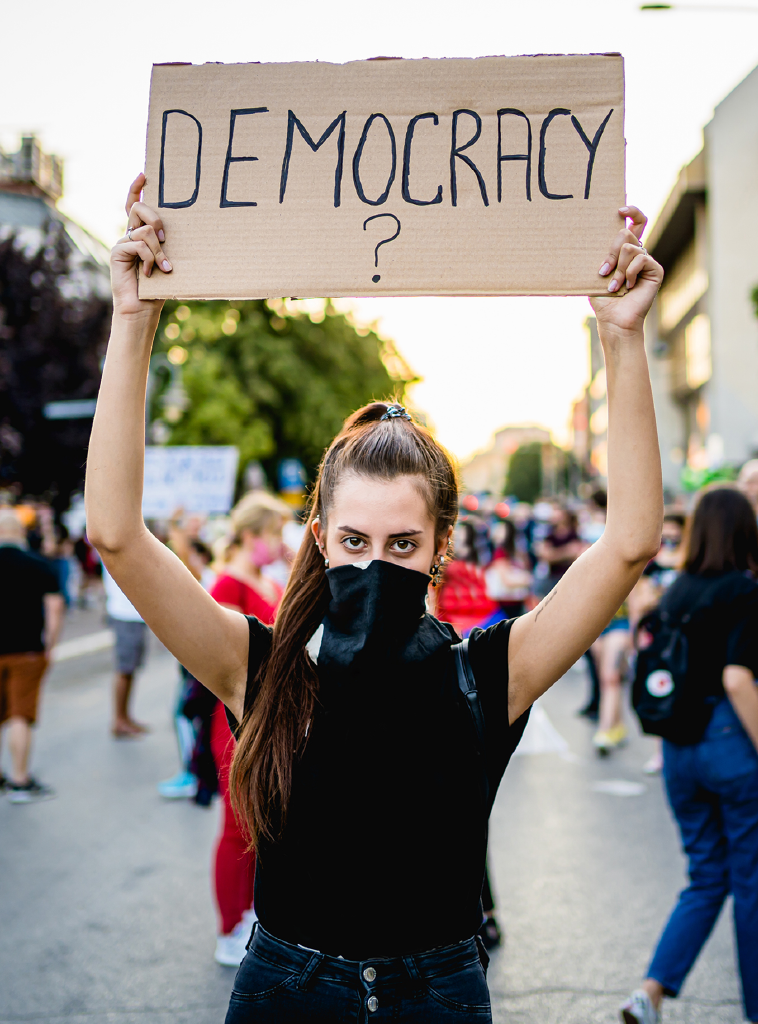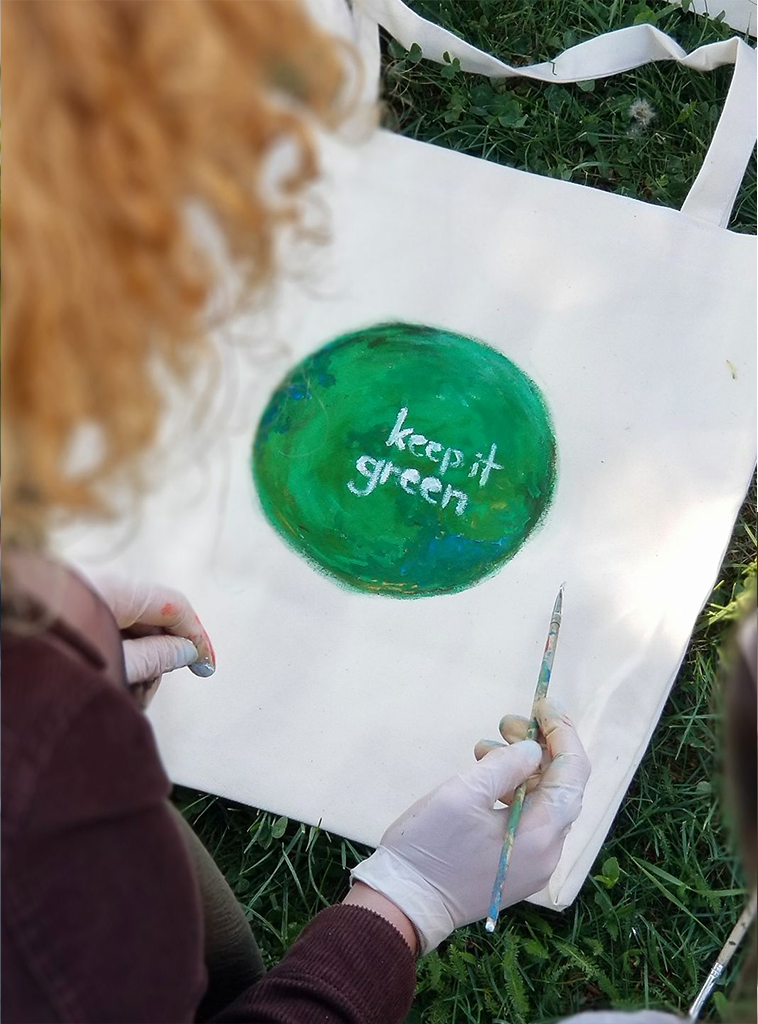A vibrant civil society is a fundamental building block of a healthy democracy. Civil society organisations play a vital role in promoting democratic values, and human rights.

They constitute a link between citizens and government, promote innovation, advocate and hold governments to account.
Supporting civil society in the Western Balkans is a priority for the EU – to build its capacity and resilience, and ensure a wide and diverse participation in civic life.
Civil society organisations (CSOs) – non-governmental groups such as trade unions, employers’ associations, human rights organisations and other social groups – are both partners for governments, and watchdogs.
To be effective, civil society organisations need to be able to do their work without unnecessary or arbitrary restrictions.


As evidence of democracy and good governance at work, a vibrant civil society is a condition for EU membership. The EU has been supporting civil society in the Western Balkans for many years, striving to build CSOs in the Western Balkans that are capable, accountable and resilient.Substantial financial support comes from the pre-accession funds (Instrument for Pre-Accession – IPA), notably through the Civil Society Facility with a designated 3% of IPA funding. This was set up in 2008 in order to develop a more dynamic civil society that can engage in politics and influence decision-makers.EU support has already helped scores of human rights organisations, women’s groups, environmental activists, youth associations and more, to grow. Training and study visits have helped CSOs build networks and share knowledge with other regional or EU partners.Beyond funding, the EU plays a key role in encouraging public authorities to create an enabling environment for civil society, and crucially, in monitoring progress.
Ongoing supportIn view of the challenges, continued support to civil society in the Western Balkans is a priority for the EU. This is reflected in the agenda-setting EU-Western Balkans Strategy and Economic and Investment Plan for the Western Balkans – backed by funding and other practical support.In addition to support channelled through the Civil Society Facility. CSOs can also access funding from other programmes, such as the European Instrument for Democracy and Human RightsThe EU continues to involve civil society to promote public debate and exchange about the enlargement process. The goal is to enable all citizens to have a voice and a better understanding of the reforms needed for EU membership. Examples of support include:
Building capacity – As democratic watchdogs, CSOs are a key link between citizens and government. They are also key partners in testing innovative ideas and solutions for better societies. Strengthening the sector is crucial to increase its effectiveness.
Inclusion – Minority groups across the region like Roma, LGBTI, or people with disabilities continue to face discrimination and exclusion. Ongoing support will help CSOs stand up for marginalised and minority groups, and make sure their voices are heard.
Civic participation – Civic engagement in decision-making is a defining element of democratic societies. Supporting CSOs to expand and professionalise, will help get more people involved in civic life
Please wait while your video is being uploaded...
Don't close this window!